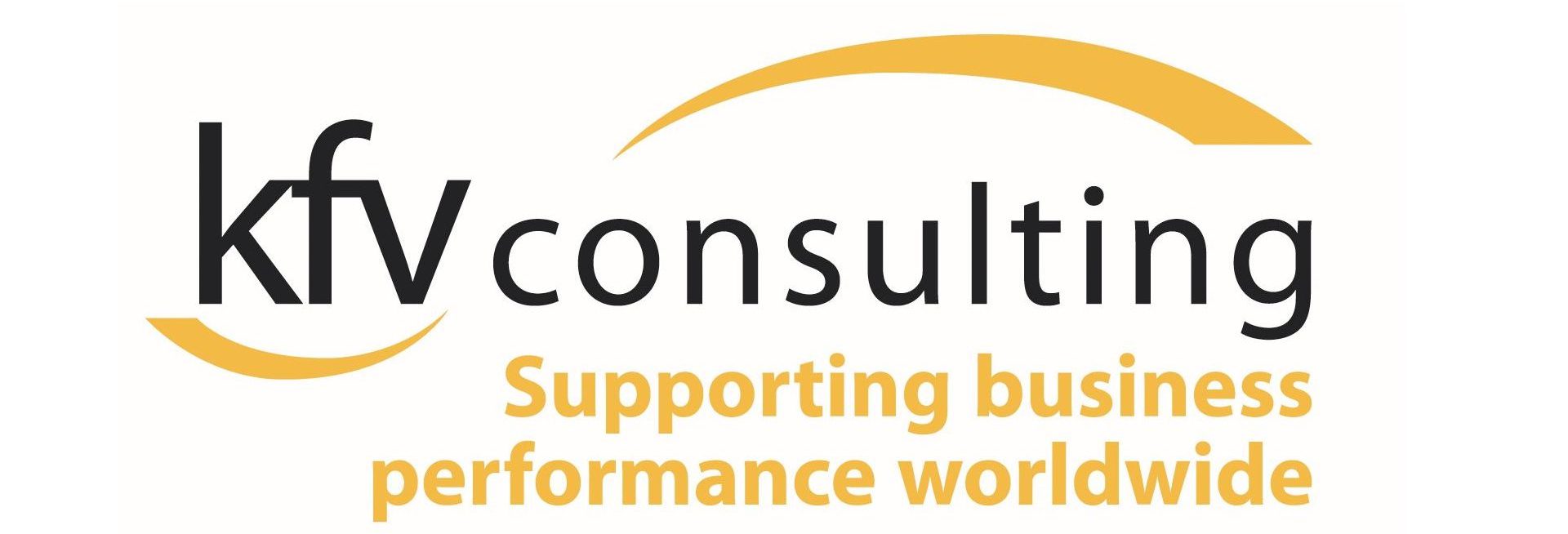Why Emotional Intelligence Matters When Working Across Cultures
If you are working, you are operating in a culture not a vacuum. Culture is the way things are done in the organisation around you. It is also the country ethos which provides you with the orientation for understanding and navigating your world and the international stage. These days, you are also surrounded by so many diversities in culture. There will be people with multiple backgrounds and upbringing as well as, in most businesses, people whose cultural background is different from your own. You may have colleagues who are based in different countries. You may partner with companies that are based a world away. There may also be cultural differences between yourselves and your clients or customers.
The last thing you should do is expect to treat everyone as you would expect to be treated. This is not the most effective way to bridge cultural differences. Instead, you should consider leaning into your attributes when it comes to emotional intelligence and start with respect. Then, you mutually may be able to interact with equal, not opposite, expectations. You may, of course, be unaware of these cultural diversities as you could be unaware of your own biases. This is when the first attribute of emotional intelligence kicks in – self-awareness. If the assumptions you make about the people you encounter are based on the culture you have experiences, how can you openly evaluate the differences you will encounter?
Curiosity will come into play next. It is important to learn as much as you can about the people you are interacting with. If you are working with a particular country or someone from a specific region, it is worth doing your research. Even little things can be helpful. For instance, is the person you meet a single parent or caring for dependent relative? When travelling, small customs can lead to misunderstandings. For instance, in India, people typically shake their head from side to side when in agreement whereas in the west we tend to nod. It would be easy to believe you may disagree. Less obvious would be the things you might assume by someone’s appearance. Just because my hair is going white, does not mean that I am decrepit. Just because I am brown and living in the UK does not mean I am “foreign” and so the lists go on, all individual to each and every one of us. So, aim to be curious about each single person you meet. You may take a different approach to someone’s behaviour which had previously been unfathomable to you. Being more self-aware will allow you to interpret your colleague’s actions with an open mind.
With Curiosity comes Questioning. It can be difficult to understand what someone else needs unless you ask them, especially if they are looking through a different cultural lens. Finally, focus on Observation and Listening. Real single-minded listening. Your brain is constantly scanning the horizon looking for signs of fight or flight, seeking to predict future events including the responses you may have from other people. So, focus on managing your temptation to multi-task and flit from idea to idea. Stick with the person you are talking to and put yourself in their shoes. Maybe your colleagues will act in a different way than you would, so don’t dismiss their actions. Instead, try understanding why they have carried them out. Additionally, observe the interactions between those around you and avoid ignoring the quieter people in a group. They may have valid ideas too – just no confidence to share them. Perhaps they were used to hierarchical organisations where innovation is discouraged or maybe they have experienced cultures that have rejected them due to an idea “not being invented here.”
So, grow your emotional intelligence through self-awareness and curiosity then working across cultures will tend not to be so rocky.

